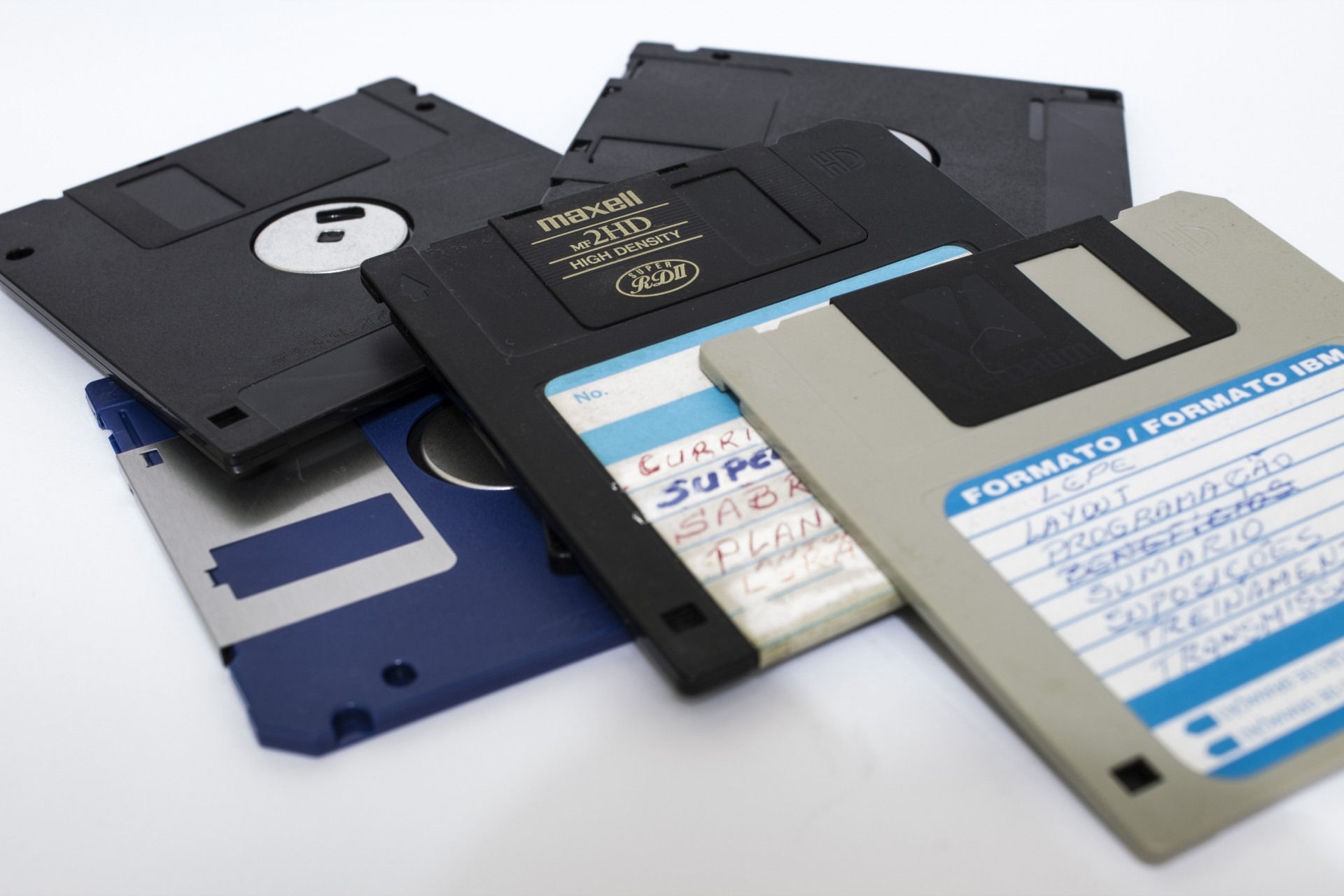[vc_row][vc_column width=”1/4″ offset=”vc_hidden-xs”][vc_widget_sidebar sidebar_id=”sidebar-main”][/vc_column][vc_column width=”3/4″][vc_column_text]
Legendary physicist Albert Einstein described the distinction between information and expertise with the statement, “Information is not knowledge.” This week, WikiLeaks, Putin and President Trump are shining the spotlight on “information.” While we may never know all of the facts, most of us have received enough information to interpret the story based on our political opinions, natural biases and of course, desire for entertainment.
In the academic world, researchers search for verifiable data and then try to apply wisdom. While teaching at Purdue I reminded students that Google’s search engine was “data sensitive” rather than “date sensitive.” In other words, Google’s algorithms often return the most discussed content for a given topic rather than the most recent links. That can be dangerous.
For example, until recently, a Google search for “Roth conversion taxation” would yield data based on the 2010 tax code. Under the 2010 code, individuals had two years to pay the taxes on the conversion. Journalists, tax authorities and financial gurus wrote endlessly about this one-time opportunity, but it was just that, a one-time opportunity for 2010. Just last year, a person walked into our office certain his conversion taxes could be paid over two years because he had “done the research.” Information can be dangerous when misapplied or no longer valid.
While prepping for my weekly radio show, I came across an article discussing the important subject of international investments and diversification. The article was posted on social media by a professor I both trust and admire. While the professor didn’t author the content, his posting seemed to serve as an endorsement. Reading the first paragraph, I realized the author was either wrong or the data was stale. Sure enough, it was composed spring of 2016. How many other people might read, trust and act on outdated information?
Search engines are powerful and today’s unprecedented access to information has made many complex subjects seem simpler because we have access to the data. Inspired by free online information, we try to repair things from YouTube videos, prepare complex meals from cooking websites and even manage our own retirement.
Today’s abundance of information will only continue to grow. And while access to information is probably a good thing, it’s no substitute for expertise. Just because we can watch a surgery performed on the internet doesn't mean we should sharpen our scalpels.
I thoroughly enjoy going online to find new recipes and discover fine dishes that inspire new culinary adventures for family and friends. It is an empowering feeling and when it works, it is great. When it doesn't work … we order pizza. Results can be delivered when it comes to food. But retirement doesn't work that way. You only get one shot, you may not know the result for years, and you can't order pizza if the plan doesn’t work out!
Disclaimer: Do not construe anything written in this post or this blog in its entirety as a recommendation, research, or an offer to buy or sell any securities. Everything in this post is meant for educational and entertainment purposes only. I or my affiliates may hold positions in securities mentioned in the blog. Please see my Disclosure page for full disclaimer.[/vc_column_text][/vc_column][/vc_row][vc_row][vc_column offset=”vc_hidden-lg vc_hidden-md vc_hidden-sm”][vc_widget_sidebar sidebar_id=”sidebar-main”][/vc_column][/vc_row]


